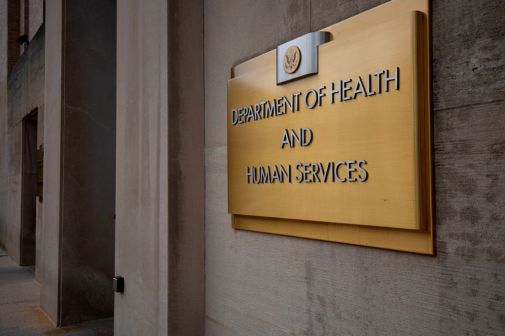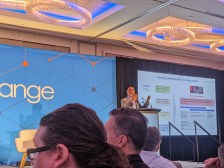The Sunshine Act was introduced in 2010 to illuminate the financial relationships the health care industry has with doctors and teaching hospitals, but the launch of the Open Payments database last week to support that mission has been criticized as out of context and flawed.
Part of the Affordable Care Act, the Sunshine Act requires that manufacturers of drugs, medical devices and other such life science items report any payments and valuable items they give to doctors or teaching hospitals. Tuesday, the Centers for Medicare and Medicaid Services released data of those payments from the last five months of 2013 on its Open Payments database, consisting of 4.4 million payments totaling $3.5 billion to 546,000 individual physicians and almost 1,360 teaching hospitals.
“CMS is committed to transparency and this is an opportunity for the public to learn about the relationships among health care providers, and pharmaceutical and device companies,” CMS Administrator Marilyn Tavenner said in a statement. “This initial public posting of data is only the first phase of the Open Payments program. In coming weeks, we will be adding additional data and tools that will give consumers, researchers, and others a detailed look into this industry and its financial arrangements.”
But since the launch Tuesday, health care advocates have criticized Open Payments for falling short in a few areas. Many industry trade groups — though overall in support of the open data initiative — are weary of the lack of context given with the data.
“While we are currently reviewing the data released by CMS, we are hopeful it includes sufficient context, so patients have a clear understanding regarding the important physician and manufacturer collaborations that occur and to help patients make accurate and informed health care decisions,” said John Murphy, associate general counsel for the Pharmaceutical Research and Manufacturers of America (PhRMA).”We hope to work with CMS to refine the data collection process and content structure for the next iteration of the Open Payments database.”
Before the portal was even made public, PhRMA, along with the Advanced Medical Technology Association (AdvaMed) and the Biotechnology Industry Organization, penned a letter to Tavenner urging proper context be added to the data, or consumers might fall under the impression that all medical innovation revolves around suspect payments.
“[F]or implementation of the Sunshine Act to be successful and for the data to be meaningful to patients and the public, the CMS Open Payments program public website must provide clear background information and context regarding such industry relationships,” the presidents of the groups wrote. “Such background ensures the reported data is helpful in patient decision-making. Further, providing context for reported payments and other transfers of value is critical to ensuring patients do not form mistaken impressions that all payments to physicians are suspect.”
Shantanu Agrawal, deputy administrator and director of the Center for Program Integrity at CMS, said the lack of context will let users interpret the data in their own ways.
“Open Payments does not identify which financial relationships are beneficial and which could cause conflicts of interest,” Agrawal said. “It simply makes the data available to the public. So while these data could discourage payments and others transfers of value that might have an inappropriate influence on research, education, and clinical decision-making, they could also help identify relationships that lead to the development of beneficial new technologies.” The Open Payments website does briefly address the issue of context.
Industry organizations also objected to CMS withholding of one-third of the data submitted in the first reporting period. CMS’ reasoning for such is that the reported data was filed incorrectly and could be inaccurate. Some parties are claiming differently.
“We remain concerned that only two-thirds of the data reported by companies has been posted in the form required by the legislation, even though companies have satisfied their obligations of accurate reporting,” Christopher White, senior executive vice president and general counsel for AdvaMed, said. “We are committed to working closely with our members and with CMS to ensure that this missing data is posted as soon as possible.”
The American Medical Association’s President Robert Wah said more data inaccuracies may stem from an abbreviated period for physicians to review their submitted data prior to the portal’s launch.
“Only 26,000 physicians out of the nearly 550,000 physicians affected by the Sunshine Act were able to register to review their data and seek correction of any inaccuracies. CMS provided a short period of time to review and correct any inaccurate data that was submitted by industry,” Wah said in a statement. “Several factors unfortunately hindered participation by many of the physicians impacted including a complex and cumbersome registration process to review data and request corrections of any inaccuracies. Meanwhile, the government website was plagued by repeated shut downs and other issues.”
Still, with the data unlocked by Open Payments, health care consumers will have a better view into the practices of their providers, something CMS said it hopes will start a discussion about doctors’ relationships with those giving the money.
In June 2015, CMS plans to release another set of data spanning a complete year and said it will continue to introduce new tools to make searching the database easier.





